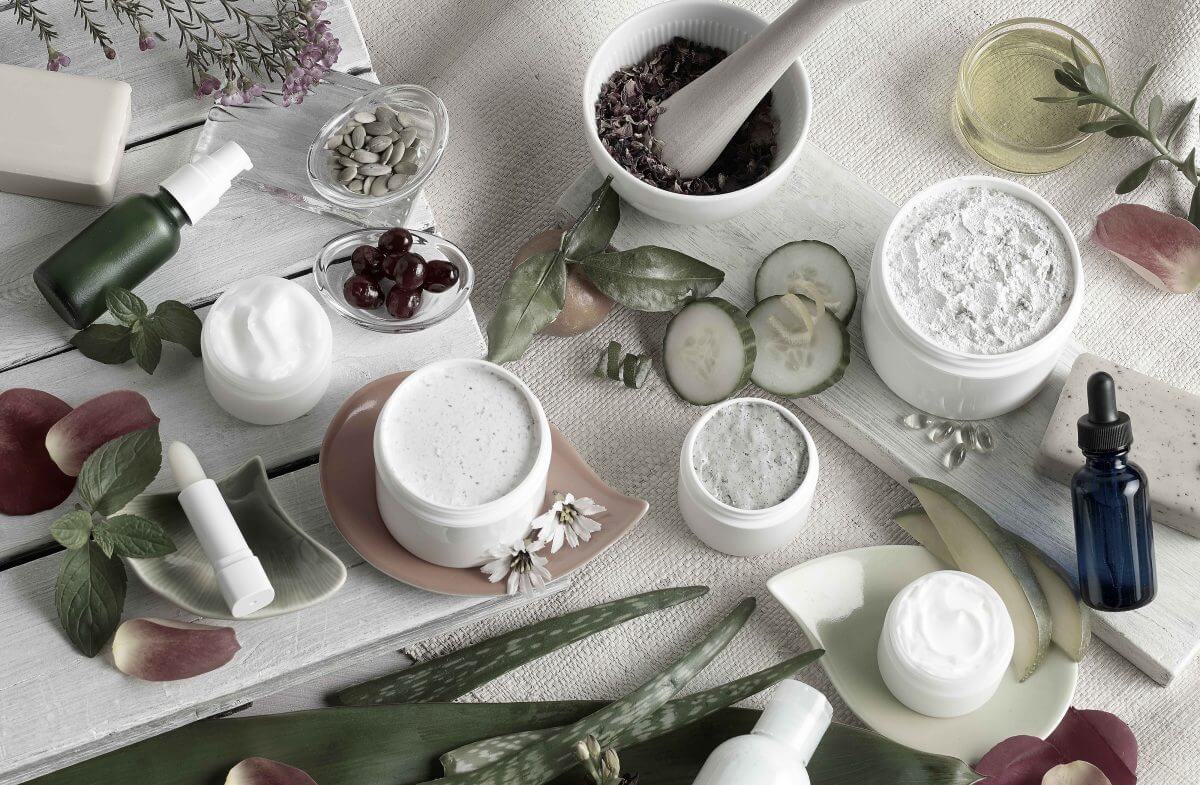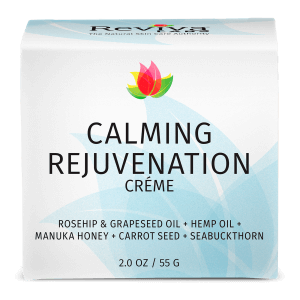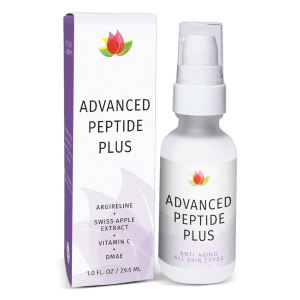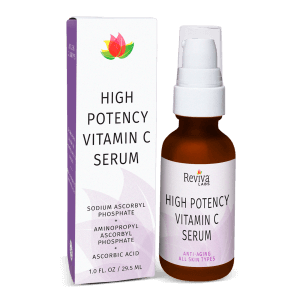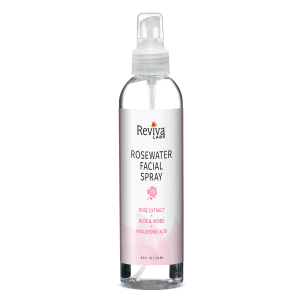PEG-100 Stearate
PEG-100 Stearate is a polyethylene glycol (PEG) derivative of stearic acid, a naturally occurring fatty acid. It functions as a surfactant and emulsifying agent in cosmetic and personal care product formulations. The “100” in its name refers to the average number of ethylene oxide units it contains, indicating the degree of polymerization and, consequently, the molecule’s size and solubility characteristics.
This ingredient is widely used in a variety of skincare, haircare, and makeup products, including creams, lotions, cleansers, and conditioners. Its primary role is to help water and oil-based ingredients mix properly, ensuring a stable and uniform texture in the final product. PEG-100 Stearate is particularly valued for its effectiveness in forming emulsions, which are mixtures of oil and water that do not naturally blend. By reducing the surface tension between the oil and water components, it helps to create a smooth, even texture that can easily be applied to the skin or hair.
Beyond its emulsifying properties, PEG-100 Stearate also acts as a lubricant on the skin’s surface, which gives the skin a soft and smooth appearance. It can enhance the performance of other ingredients in a formulation by improving product spreadability, making it easier for active ingredients to be evenly distributed and absorbed by the skin.
Despite its synthetic nature, PEG-100 Stearate is generally considered safe for use in cosmetic products. It is non-toxic and non-irritating to the skin and eyes at the concentrations typically used in cosmetic formulations. However, as with all PEG compounds, there is some concern about the potential for contamination with ethylene oxide and 1,4-dioxane, both of which are known to be harmful. To address these concerns, the cosmetic industry adheres to strict manufacturing standards to minimize these impurities and ensure the safety of products containing PEG-100 Stearate.
The environmental profile of PEG-100 Stearate is also considered in its use. It is biodegradable under aerobic conditions, which means it can be broken down by microorganisms. This aspect, combined with its safety and efficacy, continues to make it a popular choice for formulators seeking to create effective, consumer-friendly cosmetic and personal care products.



